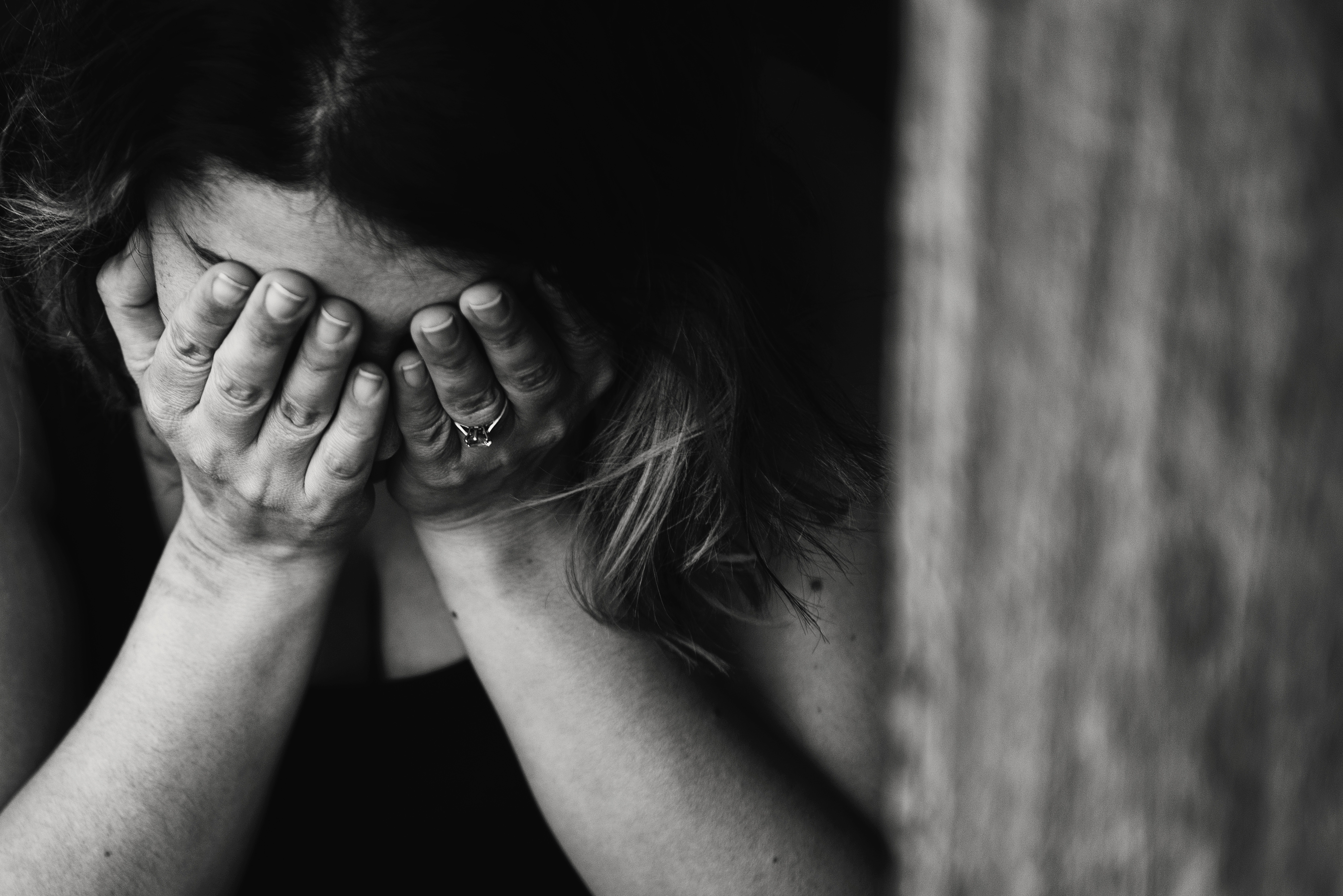
Taking care of your mental health
Often in these blog posts I focus on the body, offering advice on how to eat and train better, but it’s rare I ever look at psychology. I’ve covered staying motivated, but this isn’t the same as taking care of your psychological health. Mental health is an issue that’s receiving increasing attention as more people begin to talk about it and with good reason. It’s estimated that 1 in 4 of us will experience a mental health issue in our lifetime, most commonly depression and mental health issues are thought to result in the loss of work for up to 300,000 people, as well as costing the economy up to £99bn a year.
Today, men remain disproportionately at risk of suffering from poor mental wellbeing; they are less likely to speak up, less likely to be treated. Damningly, suicide continues to be the largest cause of death for UK men under 50, who are now 3.5 times more likely to take their own lives than women. It’s estimated that 5% of men experienced a ‘severe’ depression episode in 2015 and experts believe this number might be the tip of the ice berg when it comes to the numbers of men living with depression.
Depression is a term used by health experts, but there is still misunderstanding about the illness. Clinical depression isn’t a brief bout of feeling low, it’s a crippling mental illness with severe symptoms that can have devastating effects on your personal and professional life. It can take many different forms, but depression is usually characterised by persistent feelings of sadness and worthlessness, a lack of appetite and energy, insomnia, an inability to concentrate, or suicidal thoughts, according to the Diagnostic and Statistical Manual Of Mental Disorders.
The causes of depression vary. You could have a history of it in the family, be lacking the ‘feel good’ chemicals in the brain, have experience a traumatic event or simply experienced too much stress for too long. No matter the trigger, the bullet can be devastating.
Many of us are often taught to suppress any expression of sadness during childhood. So even though depression is very common, very few of us are willing to admit it. Instead, we become angry or irritable, throwing ourselves into work, cut ourselves off from other people, or even develop drinking problems to deal with it.
If you feel you may have depression, the first thing to do is talk to a GP or trained professional. You could also try one of the things below…
- Talk about your feelings
While difficult, this could be a life saver…literally. Women are naturally better at this than men. They don’t have the social hang ups of putting on a brave face and feeling weak if they are vulnerable. Talking to a trusted source can be a real help. Sometimes it’s simply sharing the problem and feeling understood that makes all the difference. If you don’t feel comfortable talking to friends or family, then talking to an organisation could be a great alternative. Mind and the Samaritans are two great examples.
- Exercise
Experts agree that exercise releases chemicals in the brain that make you feel good. Regular exercise can help you sleep better, improve your self esteem and improve concentration. Not only this, exercise is a great way to take time away from the stresses of life. It’s hard to think about anything else when you’re pushing yourself…well, that’s the idea!
- Eat well
We’re all aware of the immediate impact food can have on the body (think sugar and caffeine), but lesser known is the long-term effects of food on the body. To function properly, the body needs a mix of nutrients including vitamins and minerals and lacking one of these in any great amount can have a negative effect on your mind. If eating fruit and veg just isn’t your thing, then multivitamins will help supplement any issues.
- Drink in moderation
Occasional light drinking is perfectly healthy and enjoyable for most people, but those who use it as a short-term break from stress may be doing more harm than good. When the alcohol wears off, it’s not only the stress that returns, but the withdrawal symptoms too. If you are using drink to escape, then look for an alternative solution for a long term solution.
- Ask for help
None of us are superhuman. We all get tired or overwhelmed by how we feel or when things go wrong. If things are getting too much for you and you feel you can’t cope, ask for help. Your family or friends may be able to offer practical help or a listening ear. Local services are there to help you. Over a third of visits to GPs are about mental health. Your GP may suggest ways you or your family can help you. Or they may refer you to a specialist or another part of the health service.
- Rest
How often have you heard people proudly boast about long working hours, or burning the candles at both ends? Too often, and little do they know that they are doing themselves real harm. Sleep won’t be the magic cure, but a lack of sleep can make a bad situation worse. Try to go to bed at a regular time each day, and practice good habits to get better sleep. These include shutting down screens for at least an hour before bed, using your bed only for sleep or relaxing activities, and restricting caffeinated drinks for the morning.
- Meditate
Yes, meditation seems like a thing that only yoga teachers do, but it doesn’t need to be a whole thing to be effective. Don’t worry about accomplishing anything or reaching some sort of enlightenment when you do it; just the fact that you’re taking a few minutes to calm down and focus on your breathing is huge. If you don’t know where to start, just sit quietly and focus on breathing in and out, slowly, for two minutes. Then work up to five minutes the next time you do it.
- Stop multitasking
Sending emails while eating your lunch or attempting to do more than one thing at a time may seem like a good idea, but it could be doing you more harm than good. Contrary to popular belief, the human brain can not multi task. It simply switches between two things which can in fact lead to tasks taking up to 50% longer. Not only does it reduce productivity, multitasking can increase stress!




